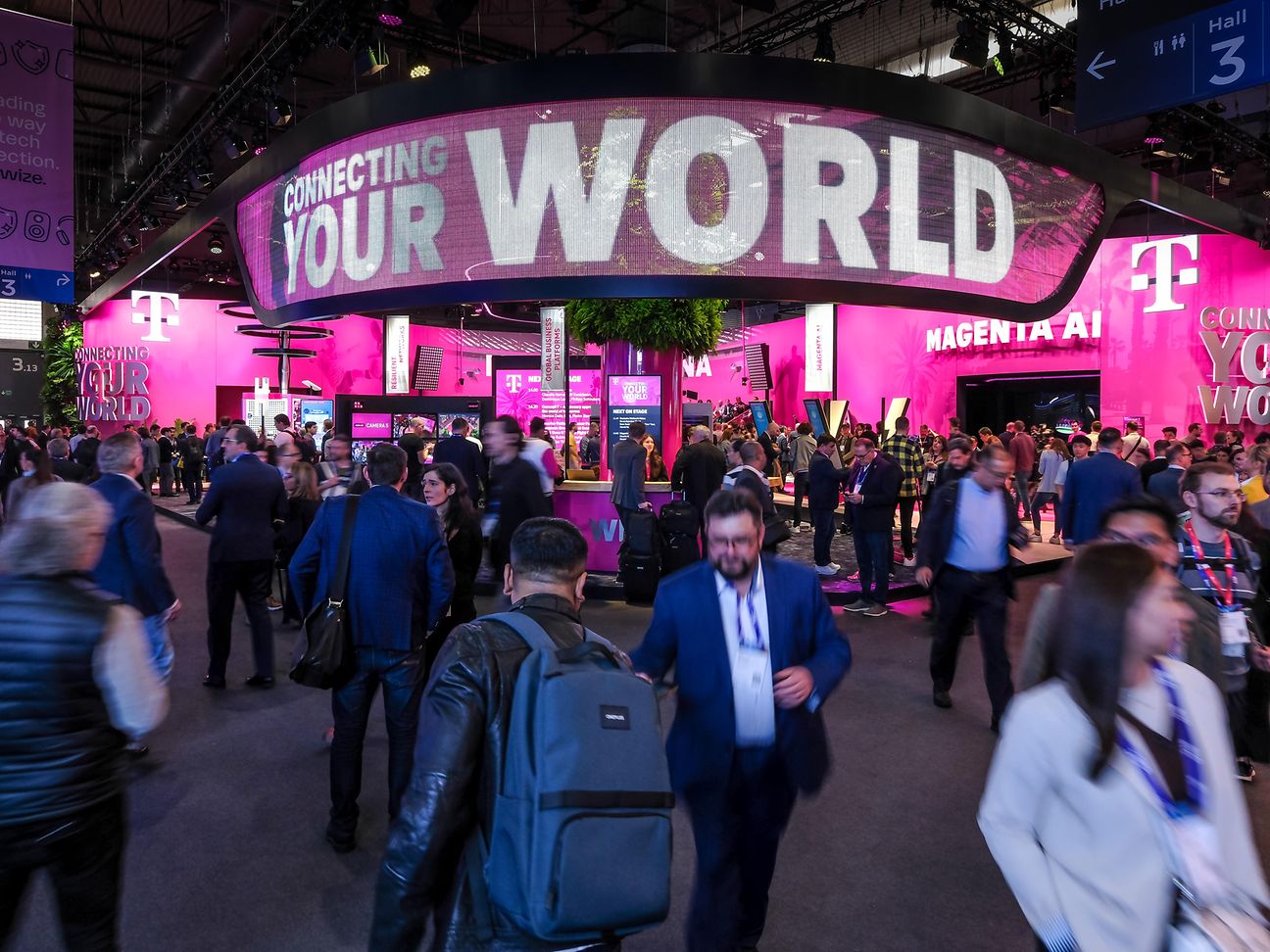German telecommunications company Deutsche Telekom launched an AI phone at the Mobile World Congress earlier this week (February 27). The phone aims to “replace the myriad of apps on traditional smartphones like Apple’s iPhone or Google Pixel” and is a collaboration between Brain.ai and Qualcomm.
Through the use of artificial intelligence, routine functions once performed by apps will soon be performed by concierge-like assistants. “Artificial intelligence and large language models (LLM) will soon become an integral part of mobile devices,” said Jon Abrahamson, chief product and digital officer at Deutsche Telekom.
“We will use them to improve and simplify our customers’ lives. Our vision is to provide a magenta concierge service for app-less smartphones. A true daily companion that meets needs and simplifies digital life.”
At the same time, on February 19, Meizu Technology announced its complete withdrawal from the smartphone business. Its holding company Geely is making every effort to deploy artificial intelligence and firmly believes that artificial intelligence is the future. Therefore, the Meizu 21 Pro, Meizu 22 and Meizu 23 series will no longer be launched. According to the company, an AI-enabled hardware product will be released later this year.
Of course, the above developments come after devices like the AI-based mini phone Rabbit R1 and the wearable AI-powered Humane Ai Pin were rolled out to more customers.
Luke Pearce, a research analyst at CCS Insight, believes businesses are watching how consumers react to recent developments in artificial intelligence.
“Consumers associate GenAI with futuristic and innovative ideas, and companies are keen to show how they use these technologies in product marketing,” Pierce told Android Central.
Not only are companies aware of the future possibilities of artificial intelligence, they are also acutely aware of how often consumers take advantage of annual showcase products.

Shen Ziyu, chairman and CEO of Xingji Meizu Group, pointed out that it will take longer for smartphone users to upgrade. His findings show that it takes an average of 51 months, or nearly four years, for users to upgrade. Scientiamobile’s Mobile Overview report confirmed that the majority of Android smartphone users (26.4%) in Q2 2023 had been using their devices for approximately two to three years. DazeInfo added that 61.8% of Android smartphones are between two and five years old.
“Smartphone companies definitely see AI as the answer to encourage upgrades and try to differentiate themselves in software,” Pierce explained.
However, it remains to be seen whether this will be enough to encourage customers to upgrade.
Pierce said that while consumers may see fewer annual events announcing hardware upgrades, such demos won’t necessarily disappear.
“I’m not sure if that’s going to change at all because AI phones also involve a lot of hardware, like the chipsets that power these devices and the performance upgrades that these devices bring every generation. But yes, going forward, We may see a less frequent smartphone release cycle, especially as environmental and sustainability pressures continue to increase.”
Applications and the money they generate are an important source of revenue for countless development companies. A phone without apps means fewer users to provide revenue, which then multiplies, leaving companies scrambling to recoup lost profits.
In 2023, Apple announced that App Store developers generated $1.1 trillion in revenue and sales in 2022. In the announcement, it was also noted that analysis by the Progressive Policy Institute shows that the iOS app economy alone supports 4.8 million jobs across the United States and Europe.
“We’re also skeptical of AI devices without an application user interface,” Pierce said.
“While artificial intelligence has been described as the next leap forward in consumer mobile experiences, current app-based user experiences are certainly here to stay for much longer.”

App-based user experiences may also be here to stay due to growing consumer concerns about artificial intelligence. While AI has many benefits, issues of privacy, creative infringement, and ethics exist and will continue to exist. Companies and manufacturers need to address this feeling if they want user acceptance.
“Security and privacy are key considerations for artificial intelligence,” Pierce said. “Putting more AI on devices is the way forward to protect user data and reduce the need for cloud and third-party access. It is necessary to communicate this clearly and sensitively to consumers to ensure such reservations are overcome.”
The end result is a future that is both attractive and terrifying for companies and consumers alike. How can companies make up for lost revenue and jobs while working to educate consumers about the potential of AI?
At the same time, are consumers ready for a world with less control? With this particular future rapidly approaching, these questions need to be answered as soon as possible.